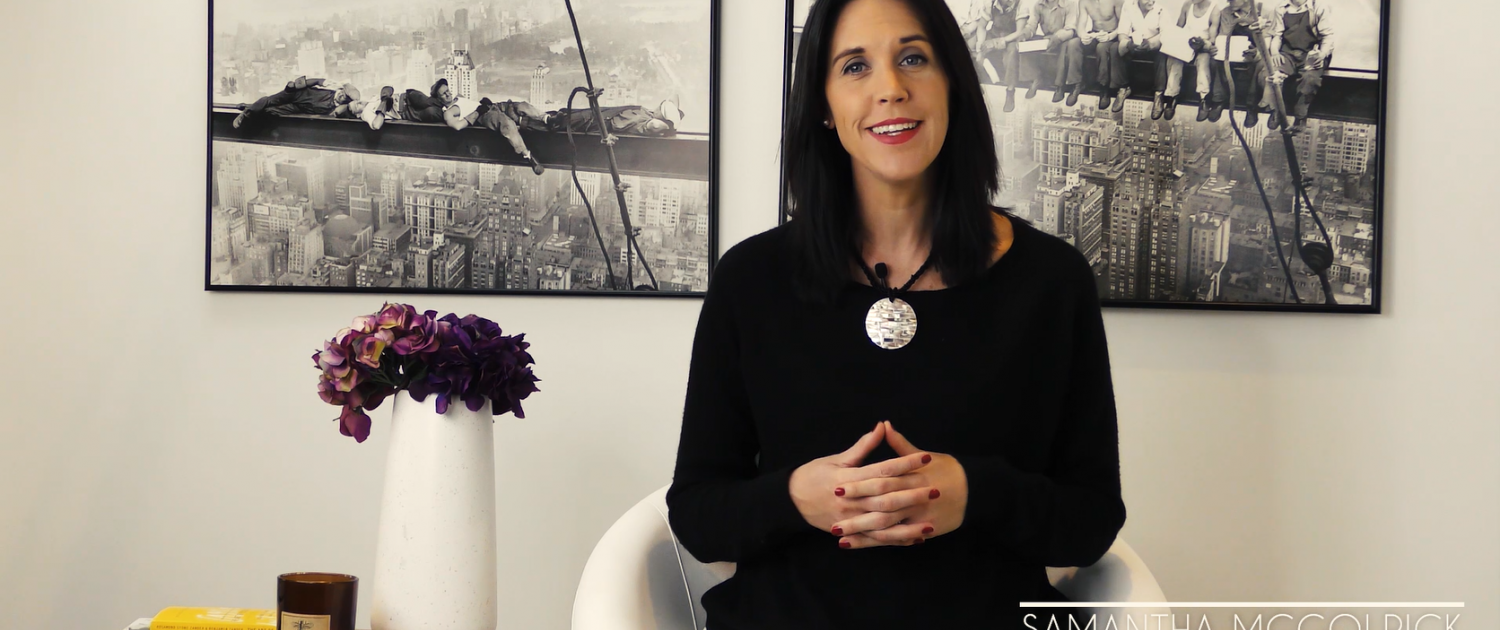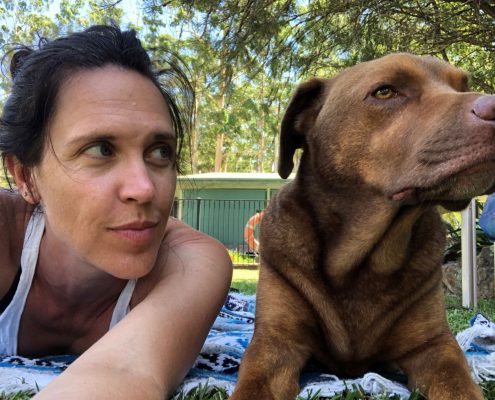EXECUTIVE SAFETY WALKS
I’m quite excited about today’s topic, because I’m often talking to my clients about the importance of getting out into the workplace and engaging in conversations with workers, supervisors and line managers about workplace health and safety.
When you’re conducting a safety walk, listen more than you talk. Click To TweetSafety walks are an invaluable opportunity to demonstrate your leadership…. But there are few things you need to think about to get the most out of your visit.
So today’s message is for those of you who are either not conducting safety walks, or if you are, you may be wanting a bit more guidance on your approach, or you want to confirm that your approach is supported by some evidence-based research into health & safety culture and leadership so that your efforts are best placed, or maybe you just want to benchmark your approach with what is being advised to others in similar roles.
The content in today’s post is for organisations of any size – size doesn’t matter when it comes to safety walks. The biggest, and brightest, and what one would consider the safest companies can experience tragedies, and in fact they have.
Today I’m going walk you through a 3-stage process to conducting executive safety walks. We’re going to deep dive into the activities and behaviours for you to consider in each of the three stages which are underpinned by motivations, attitudes, perceptions, and skills that are necessary to make a safety walk a valuable and meaningful experience for you and for those your visiting and chatting with.
I’m going to bring in some examples from my experience onsite and some insights we’ve learned from the safety walks conducted on the Deepwater Horizon, just hours before the oil rig blowout in 2010.
So let’s get started …
When you’re finished watching, I’d like to know:
What is the most important activity you do as part of your safety walk – before, during or after?
Leave a comment below and let me know.
Remember, share as much detail as possible in your reply. Your story and/or thoughts may lead to someone’s meaningful breakthrough and it all contributes to this audience knowing What to Ask, and When to Act #knowWTA
Important: share your thoughts and ideas directly in the comments. Links to other posts, videos, etc. will be removed.
Thank you so much for adding your perspective to the conversation!
Thanks for watching!
Welcome!
I’m Samantha
I teach board members and executives how to lead with heart and put people first, by leading safe & healthy work. Stick around and I’ll share with you the skills, knowledge and mindset you need to know what to ask, and when to act and lead with confidence.
RESOURCES
YOU MAY ALSO LIKE…
FEATURED CONTENT
[text-blocks id=”4249″ plain=”1″]








Let us know what you have to say:
Want to join the discussion?Your email address will not be published.